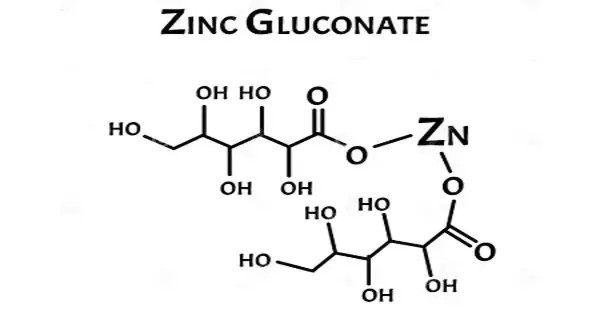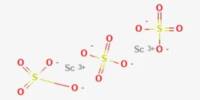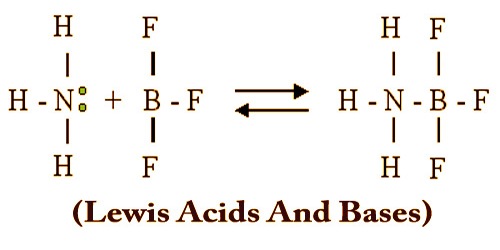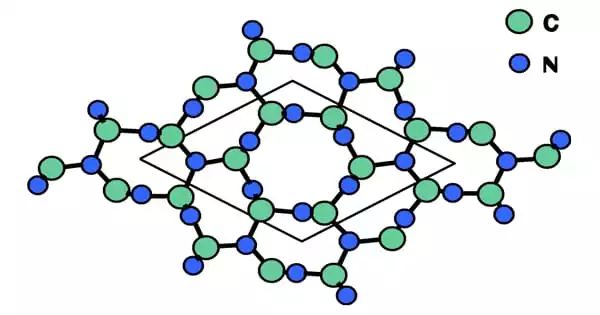Zinc gluconate is the zinc salt of gluconic acid. It is an ionic compound consisting of two anions of gluconate for each zinc(II) cation. Zinc gluconate is a popular form for the delivery of zinc as a dietary supplement providing 14.35% elemental zinc by weight.
is a supplement that combines zinc, an essential mineral, with gluconic acid, a compound derived from glucose. It is commonly used to provide the body with zinc, which plays a crucial role in various bodily functions, including immune support, wound healing, protein synthesis, and cell division.
Occurrences
Gluconic acid is found naturally, and is industrially made by the fermentation of glucose, typically by Aspergillus niger, but also by other fungi, e.g. Penicillium, or by bacteria, e.g. Acetobacter, Pseudomonas and Gluconobacter. In its pure form, it is a white to off-white powder. It can also be made by electrolytic oxidation, although this is a more expensive process. The advantages are a lower microbiological profile, and a more complete reaction, yielding a product with a longer shelf life.
Key Points
- Formulation: Zinc gluconate is a more easily absorbed form of zinc compared to other zinc compounds like zinc sulfate or zinc oxide. This makes it a popular choice in over-the-counter supplements.
- Immune System Support: Zinc is well-known for supporting the immune system. It has been used to reduce the duration and severity of common cold symptoms, though results can vary from person to person.
- Wound Healing: Zinc plays a role in tissue growth and repair. It’s often used in skin care products or topically for minor cuts, burns, and wounds.
Zinc gluconate and the common cold
Zinc gluconate has been used in lozenges for treating the common cold. However, controlled trials with lozenges which include zinc acetate have found it has the greatest effect on the duration of colds. Zinc has also been administered nasally for treating the common cold, but has been reported to cause anosmia in some cases.
Safety concerns
Instances of anosmia (loss of smell) have been reported with intranasal use of some products containing zinc gluconate. In September 2003, Zicam faced lawsuits from users who claimed that the product, a nasal gel containing zinc gluconate and several inactive ingredients, negatively affected their sense of smell and sometimes taste. Some plaintiffs alleged experiencing a strong and very painful burning sensation when they used the product.
Potential Side Effects
While zinc gluconate is generally safe when taken as directed, excessive intake can lead to side effects such as nausea, vomiting, or interference with copper absorption. Long-term high doses may also weaken the immune system.
















